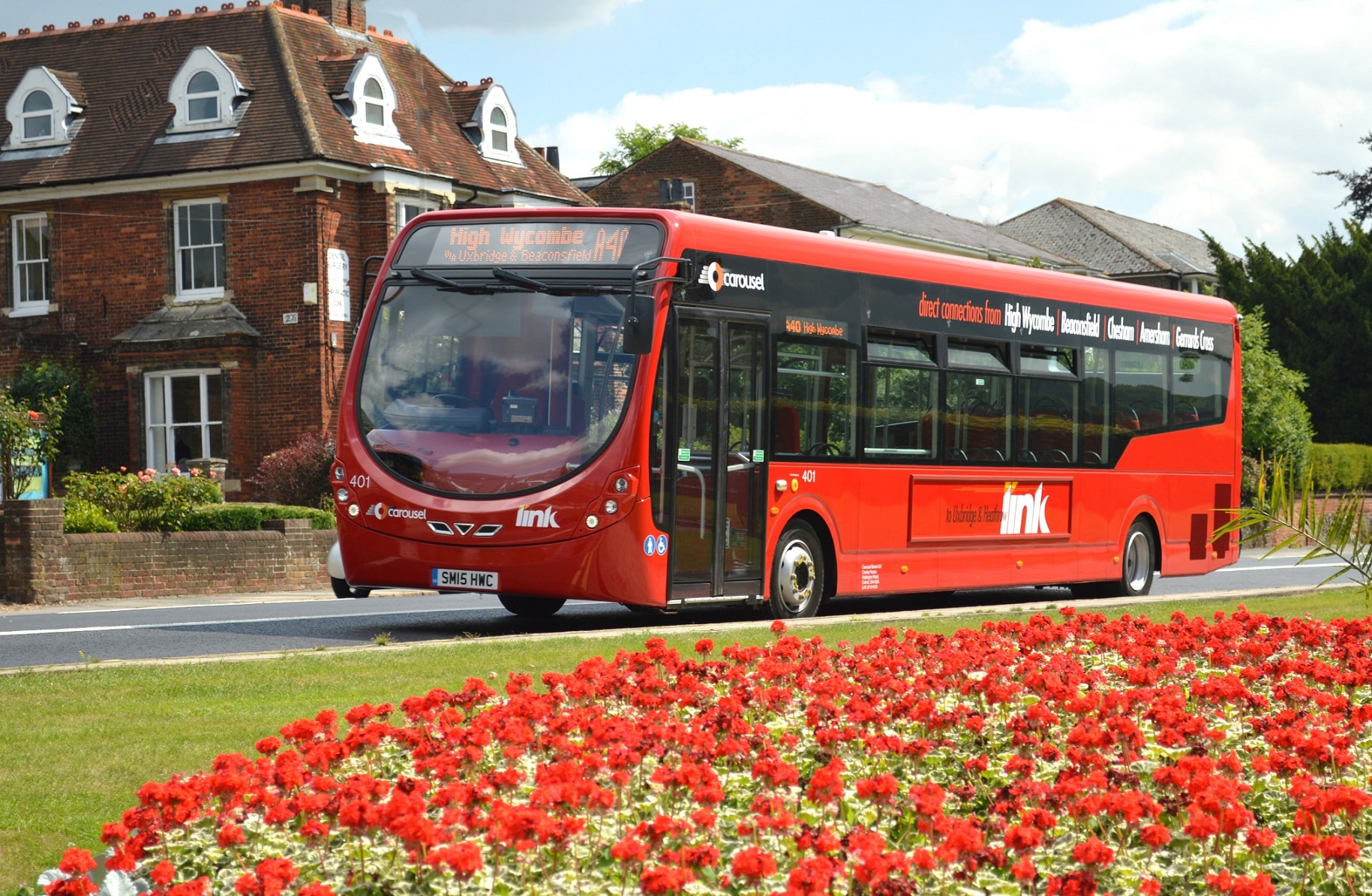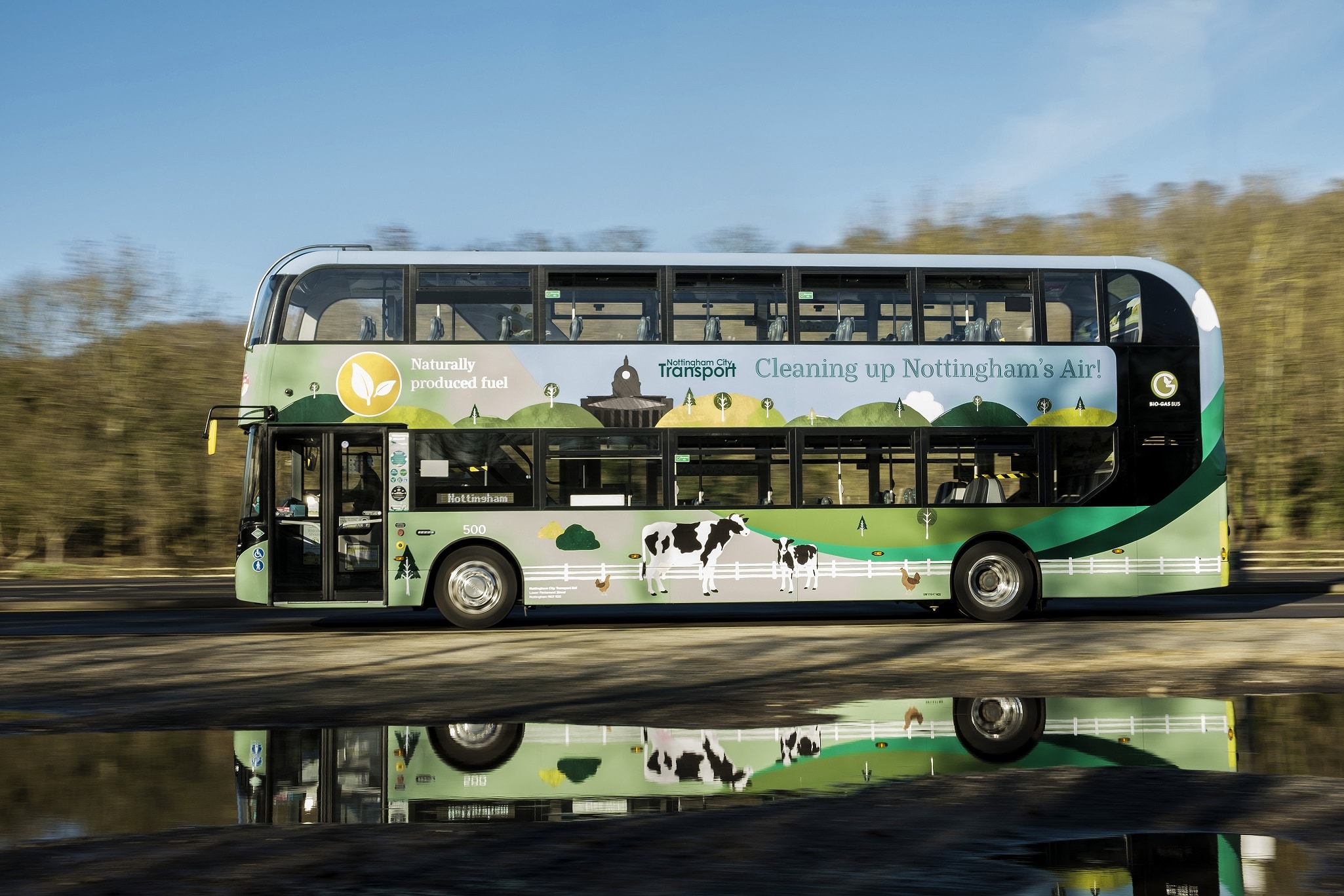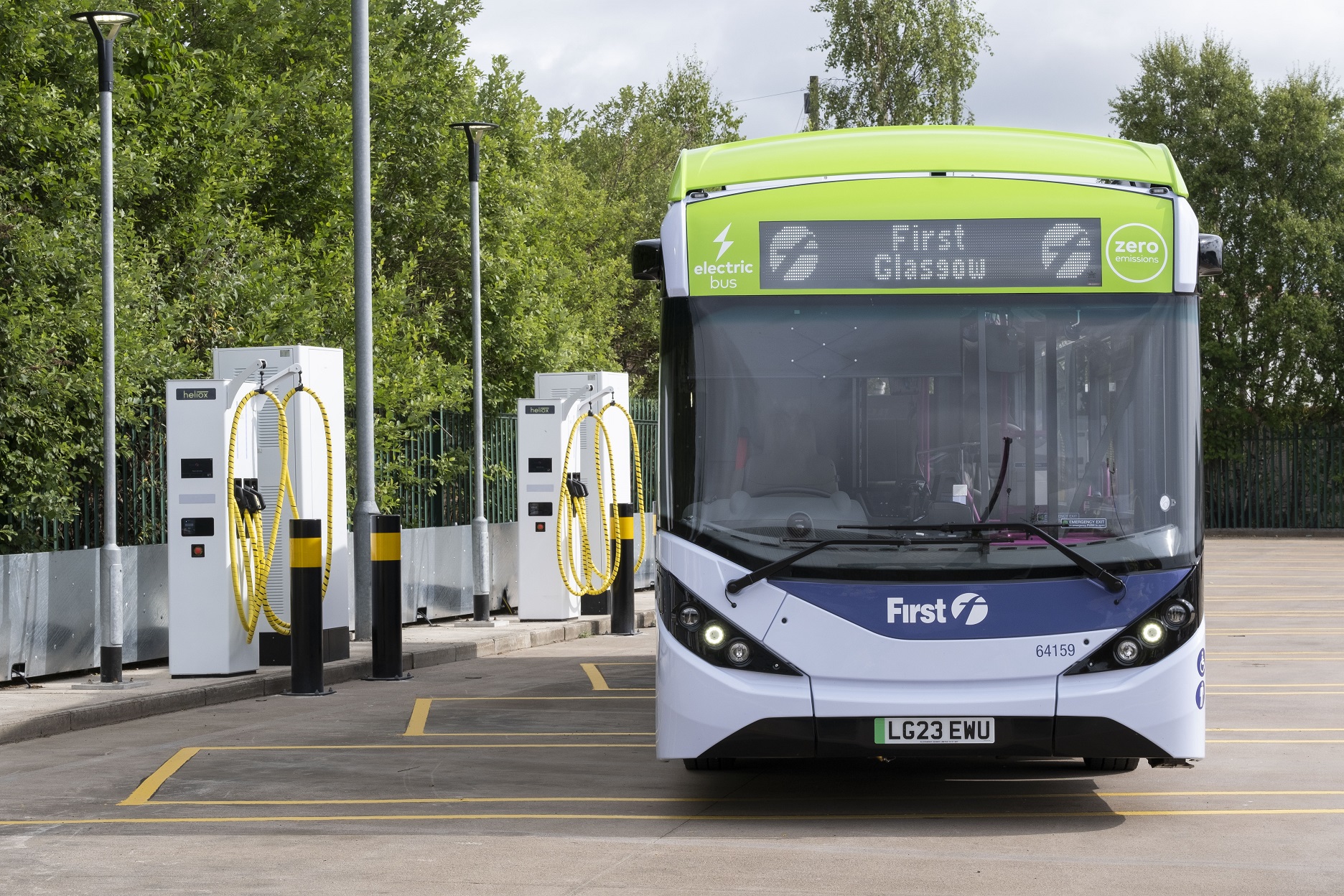Long awaited proposals for reform of BSOG in England are likely to be published later this year, Under-Secretary of State for Transport Baroness Vere told the Transport Select Committee on 29 June.
While that will be seen as a positive by the industry, besides a settlement on using the work to accelerate the bus industry’s move from fossil fuels there appears to have been modest progress on developing concrete plans despite the Department for Transport (DfT) having first said that a consultation would open last year.
“A number of options” for BSOG reform and a timetable for transition are still being considered, Lady Vere says. The National Bus Strategy (NBS) for England outlined several potential areas for change when it was published in March 2021.
Lady Vere advised Committee members that DfT has “started having conversations, and indeed has had them for some time” around how reform could proceed and that the process is “moving at an acceptable pace.”
Current BSOG mechanism ‘a dinosaur’, says minister
What looks clear is that BSOG payments will cease being based on fossil fuel usage as part of the mechanism acting as a “valuable lever” in the industry’s wider shift from that energy source. The current position of BSOG being largely built around diesel consumption “is clearly not what we want to see,” she continues.
Lady Vere adds that BSOG is currently “a bit of a dinosaur,” and she highlights the 22p per kilometre zero-emission incentive payment that was introduced from 1 April as an example of early evolution.
But “the entire framework needs to be looked at,” she says, noting that much remains to be done in terms of developing proposals. Describing BSOG as “quite a significant funding stream,” Lady Vere observes that it has the scope to boost bus service provision, “particularly for those who are most isolated.” In a written statement in March she hinted that the government’s levelling up agenda could also factor into reform.
The NBS floated a potential uplift in BSOG for rural services and new incentives for demand responsive transport in those areas. Operator Rotala recently called for the reform work to be greatly accelerated with a view to protecting lower-demand routes beyond the end of Bus Recovery Grant Extension funding on 4 October.
Scale of change will influence BSOG reform delivery
The scale of the change to BSOG will influence the timeframe delivery of an overhauled mechanism, DfT Co-Director for Local Transport Stephen Fidler told the Committee. Against that must be set “the winners and the losers,” adds Lady Vere. “If there are going to be losers, are they losing for the right reasons? That is the concern.”
In response to Robert Largan MP, Lady Vere says that while she wants to see BSOG reform in place “as soon as possible,” further steps will be dependent on the number of consultation responses received and their content.
“We have to do it properly. It is one of those things that, because it provides great stability, you cannot get wrong. The expectation is that it has longevity.” She adds that the bus industry in England “will be making very long-term investment decisions based on what BSOG goes on to look like” and that while rapid delivery of a solution is desirable, the government “cannot do that.”

























